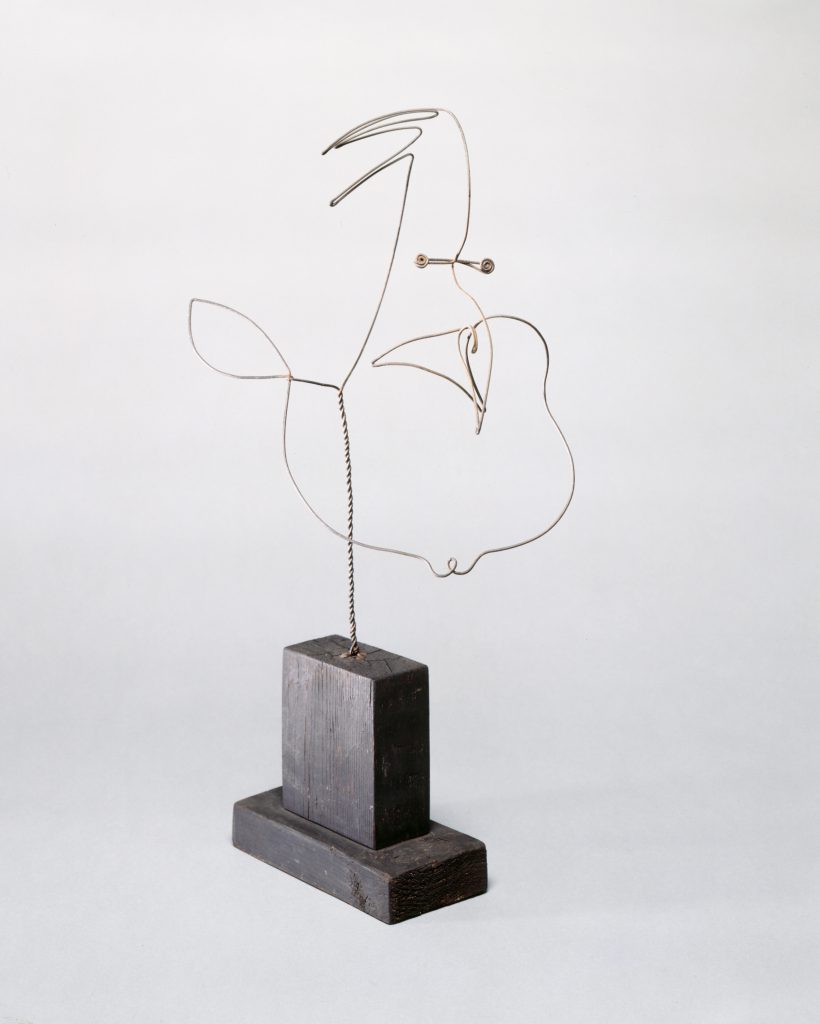

The Museum of Modern Art, New York. Alexander Calder: Sculptures and Constructions. 29 September 1943–16 January 1944.
Solo ExhibitionNew Gallery, Charles Hayden Memorial Library, Massachusetts Institute of Technology, Cambridge. Calder. 5 December 1950–14 January 1951.
Solo ExhibitionVenice. XXVI Biennale di Venezia. 14 June–19 October 1952.
Group ExhibitionArts Council of Great Britain, Tate Gallery, London. Alexander Calder: Sculpture–Mobiles. 4 July–12 August 1962.
Solo ExhibitionSolomon R. Guggenheim Museum, New York. Alexander Calder: A Retrospective Exhibition. 6 November 1964–31 January 1965.
Solo ExhibitionMusée National d’Art Moderne, Paris. Calder. 8 July–15 October 1965. Originated from the Solomon R. Guggenheim Museum, New York.
Solo ExhibitionNational Gallery of Art, Washington, D.C. Alexander Calder: 1898–1976. 29 March–12 July 1998.
Solo ExhibitionMusée National d’Art Moderne, Centre Georges Pompidou, Paris. Alexander Calder: les années parisiennes 1926–1933. 18 March–20 July 2009. Originated from the Whitney Museum of American Art, New York.
Solo ExhibitionSoon after moving to Paris in 1926, Calder created his Cirque Calder. Made of wire and a spectrum of found materials, the Cirque was a work of performance art that gained Calder an introduction to the Parisian avant-garde. He continued to explore his invention of wire sculpture, whereby he “drew” with wire in three dimensions the portraits of friends, animals, circus themes, and personalities of the day.